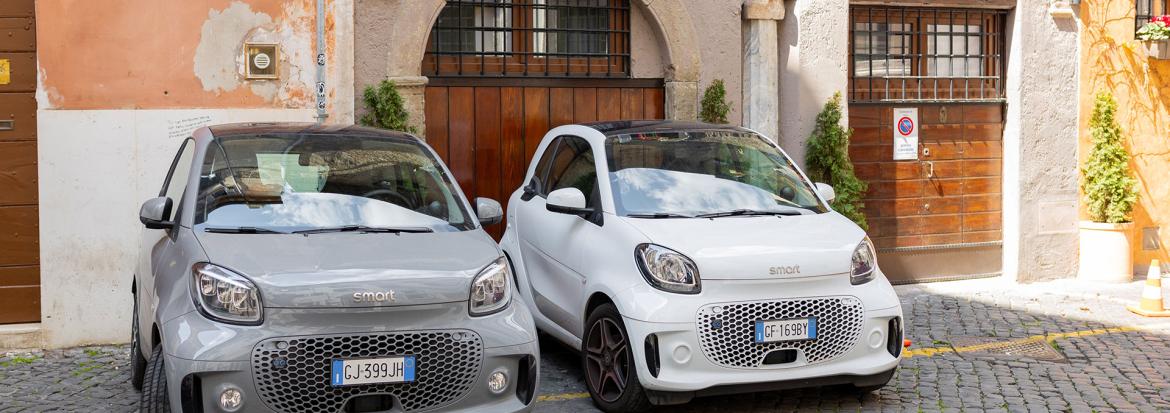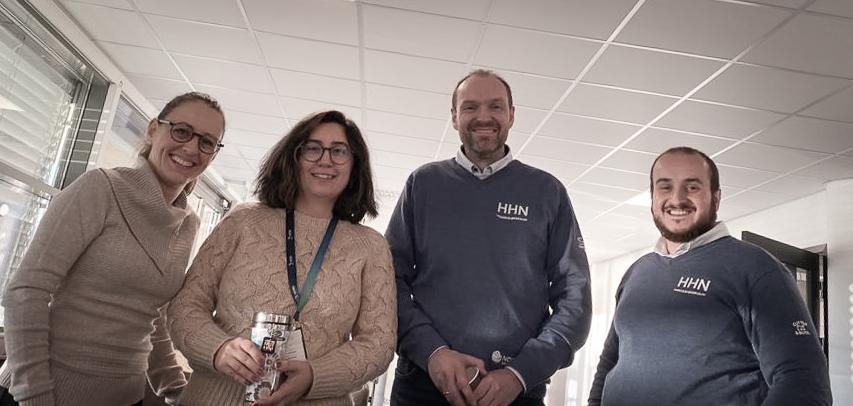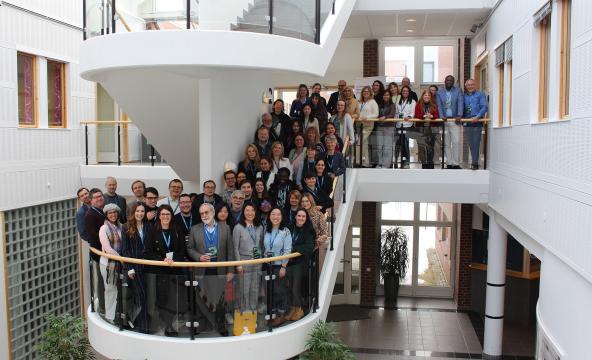
Different worlds: In Norway, electric cars had a market share of 86 percent in 2021. The corresponding figure in Italy was 4.6 percent. Photo: Shutterstock.
New research shows that just one carrot is not enough if we are to get everyone to go green. In a recently published article, researchers from Nord University in collaboration with Italian researchers, have analysed the factors underlying the choice of cars in Norway and Italy.
The article has been peer-reviewed and published in Research in Transportation Business & Management.
This study provides valuable insights into how economic measures affect the choice of vehicles.
Terje Mathisen, researcher at Nord University
Represents the extremes
These are two countries on opposite sides of the scale when it comes to the use of electric cars. While electric cars had a market share of 86 percent in Norway in 2021, the corresponding figure in Italy was 4 percent.
The aim of the study was to find connections showing to what extent different political measures influence whether we choose to drive emission-free or not.
The study shows that attitudes and experiences are important, but incentives in political measures matter the most.

Price, fuel, and driving distance
The study examines choices related to all types of cars, focusing on three main preferences: the car's retail price, fuel/energy costs, and driving distance.
The findings of the study indicate that the huge difference between the two countries, regarding the number of electric cars on the roads, is mainly due to car policies.
The difference is so significant that researchers believe political changes are needed for Italy and other countries to follow suit and begin a transition to more environmentally friendly technology.

Economics weigh heavily
In Norway, electric cars had a market share of 86 percent when the data for the survey was collected in 2021. The corresponding figure in Italy was 4.6 percent.
Today, the market share of new electric cars in Norway is close to 100 percent.
"There is no doubt that Norway is the leading country in the world when it comes to the proportion of drivers who have chosen to use electric cars. Compared to other countries, this provides exciting opportunities to investigate the attitudes of owners with user experience, and not just intentions," says researcher Terje Mathisen at Nord University Business School.
He believes that the study clearly emphasizes the importance of further research and policy development. This is to promote the transition to low-emission mobility, thereby reducing greenhouse gas emissions from the transport sector.
"This study provides valuable insight into how economic measures, such as tax incentives, charging infrastructure, free parking, the use of carpool lanes, and cultural norms, are interconnected and affect the choice of vehicles."
Reference:
The study "Car choice determinants in Italy and Norway: A comparison based on revealed and stated choices" was recently published in Research in Transportation Business & Management.
The research team from Nord University consisted of Terje Andreas Mathisen, Özlem Simsekoglu, and Giuseppe Marinelli. From the University of Trieste in Italy, researchers Mariangela Scorrano and Romeo Danielis participated.









